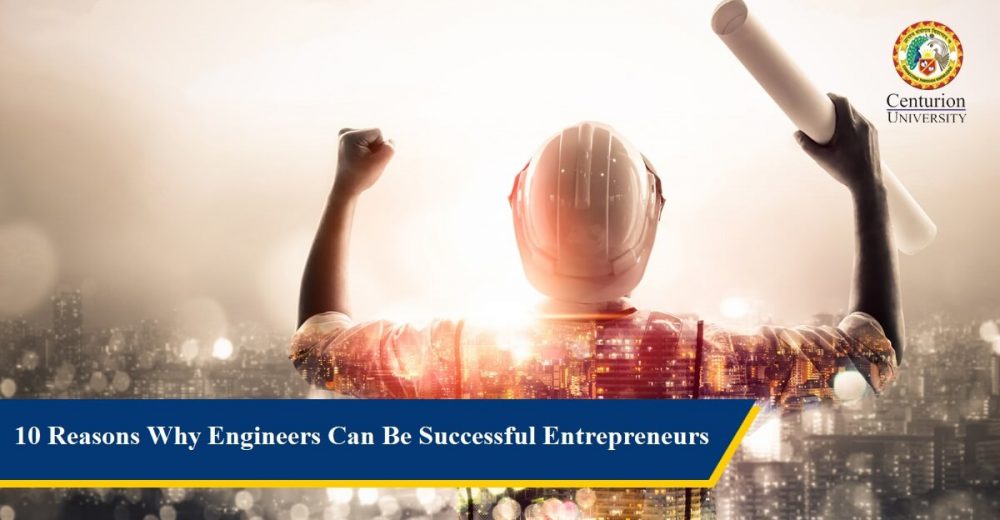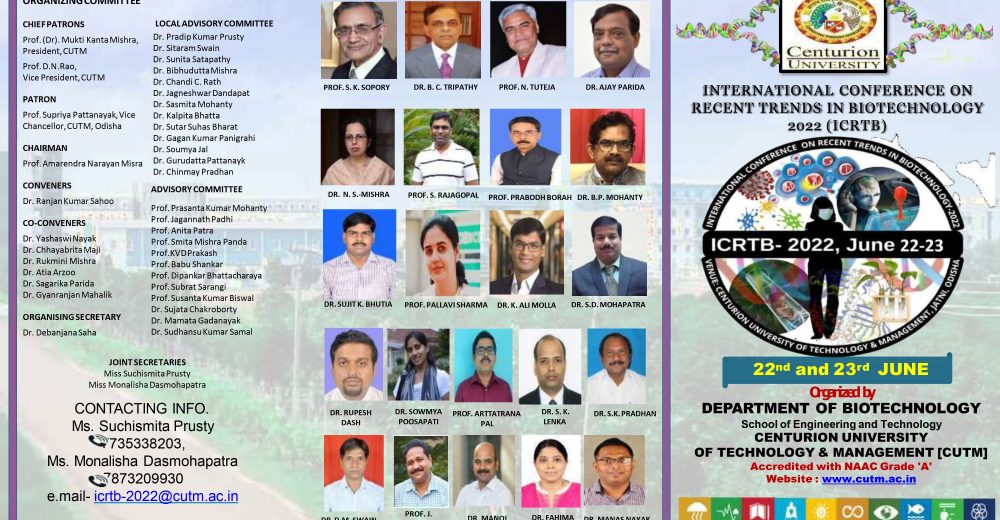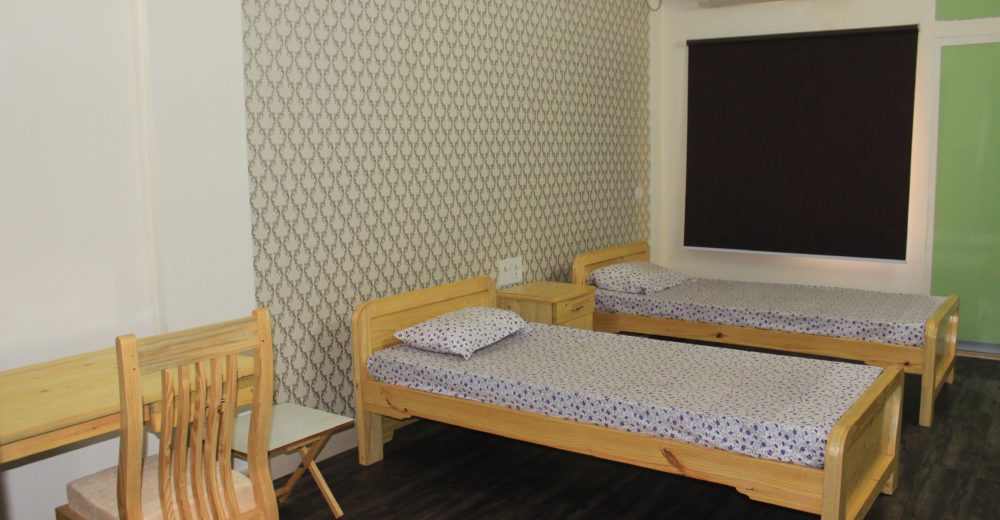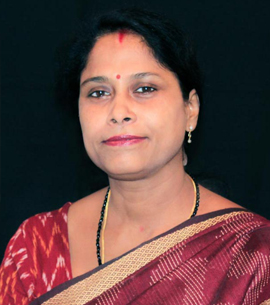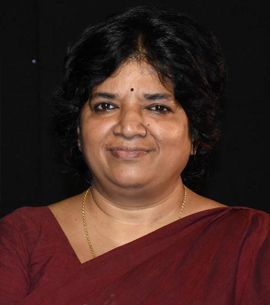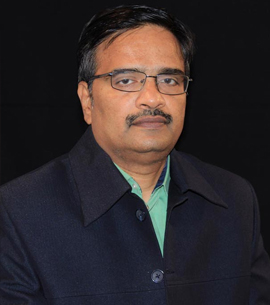1. Curricular Aspects
1.1 Curriculum Design and Development1.2 Academic Flexibility1.3 Curriculum Enrichment1.4 Feedback System
1.1.1-Curricula developed and implemented
1.1.2-Programmes where syllabus revision was carried out
1.1.3-Courses having focus on employability/entrepreneurship/skill development
Tab content
Tab content
Tab content
2. Teaching-Learning and Evaluation
3. Research, Innovations and Extension
Tab Content
4. Infrastructure and Learning Resources
Tab Content
5. Student Support and Progression
Tab Content
6. Governance, Leadership and Management
Tab Content
7. Institutional Values and Best Practices
Tab Content
Self Study Report for 2nd Cycle of Accreditation
1. Curricular Aspects
1.2 Academic Flexibility
1.4 Feedback System
2. Teaching Learning and Evaluation
2.1 Student Enrolment and Profile
2.3 Teaching-Learning Process
2.7 Student Performance and Learning Outcomes
2.2 Catering to Student Diversity
2.6 Student Performance and Learning Outcomes
3. Research, Innovations and Extension
3.1 Promotion of Research and Facilities
3.7 Collaboration
3.2 Resource Mobilization for Research
3.4 Research Publications and Awards
3.4.1-Code of Ethics for research
3.4.3-Number of patents published/awarded
3.4.4-Number of Ph.Ds awarded per teacher
3.4.5-Research papers published per teacher
3.4.6-Books and chapters published per teacher
3.4.7-E-content developed by teachers
3.4.8-Bibliometrics of the publications based on citationr
3.4.9-Bibliometrics of the publications based on h-index
3.4.3-Number of patents published/awarded
3.4.4-Number of Ph.Ds awarded per teacher
3.4.5-Research papers published per teacher
3.4.6-Books and chapters published per teacher
3.4.7-E-content developed by teachers
3.4.8-Bibliometrics of the publications based on citationr
3.4.9-Bibliometrics of the publications based on h-index
4. Infrastructure and Learning Resources
4.4 Maintenance of Campus Infrastructure
5. Student Support and Progression
6. Governance, Leadership and Management
6.1 Institutional Vision and Leadership
6.5 Internal Quality Assurance System (IQAS)
6.2 Strategy Development and Deployment
6.4 Financial Management and Resource Mobilization
7. Institutional Values and Best Practices
7.1 Institutional Values and Social Responsibilities
7.1.1-Measures initiated by institution for promoting gender equity
7.1.2-Institution facilities for alternate energy sources & energy conservation measures
7.1.3-Institution facilities for managing degradable & non-degradable waste
7.1.4-Water conservation facilities available in institution
7.1.5-Green campus initiatives
7.1.6-Quality audits on environment & energy undertaken by the institution
7.1.7-Institution has friendly, barrier free environment for the differently-abled
7.1.8-Institutional efforts/initiatives in providing an inclusive environment
7.1.9-Sensitization towards being responsible citizens as reflected in the Constitution of India
7.1.10-Prescribed code of conduct of the institution
7.1.11-Institution celebrates/organises national & international commemorative days, events and festivals
7.1.2-Institution facilities for alternate energy sources & energy conservation measures
7.1.3-Institution facilities for managing degradable & non-degradable waste
7.1.4-Water conservation facilities available in institution
7.1.5-Green campus initiatives
7.1.6-Quality audits on environment & energy undertaken by the institution
7.1.7-Institution has friendly, barrier free environment for the differently-abled
7.1.8-Institutional efforts/initiatives in providing an inclusive environment
7.1.9-Sensitization towards being responsible citizens as reflected in the Constitution of India
7.1.10-Prescribed code of conduct of the institution
7.1.11-Institution celebrates/organises national & international commemorative days, events and festivals
7.3 Institutional Distinctiveness
7.2 Best Practices
